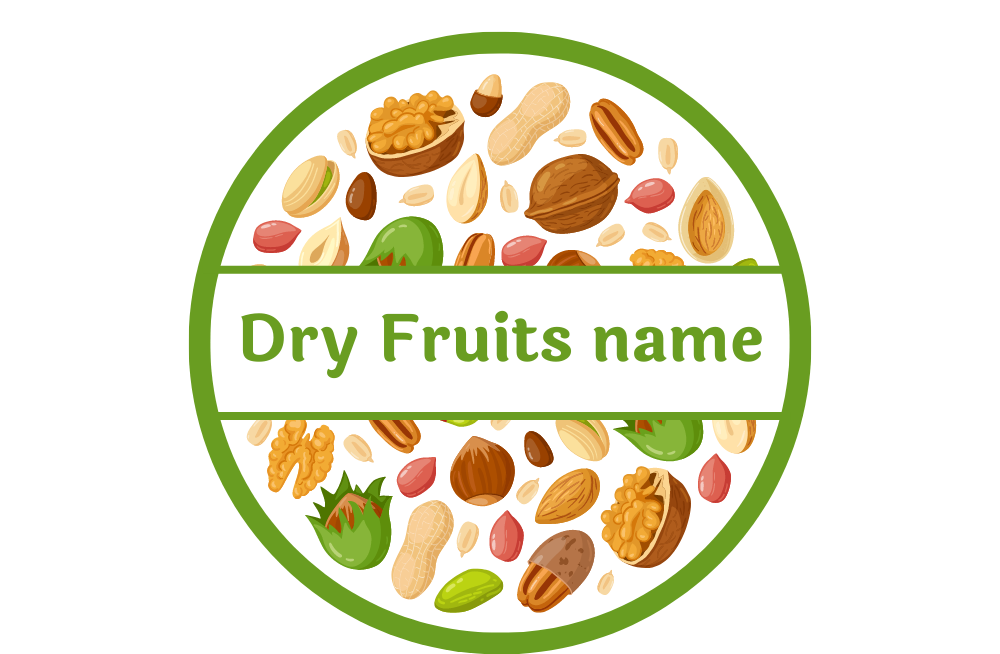Dry fruits are a popular snack among people of all ages, and they are known for their nutritional value and health benefits. In Sanskrit, dry fruits are referred to as “sukhavarga” or “sukhapakva phala,” which literally translates to “dried fruits.”
There are many different types of dry fruits, each with their own unique taste and nutritional properties. In Sanskrit, each dry fruit has its own distinct name, which reflects its qualities and characteristics. In this article, we will explore the names of some of the most popular dry fruits in Sanskrit.
All dry fruits name in hindi and english
-
Kaju – Cashew
Kaju is one of the most popular dry fruits in India, and it is known for its sweet taste and buttery texture. In Sanskrit, cashews are known as “kaju,” which is derived from the Portuguese word “caju.”
-
Badam – Almond
Badam, or almonds, are a rich source of protein and healthy fats. In Sanskrit, almonds are known as “vishvabheshaja,” which means “the universal medicine.”
-
Kismis – Raisins
Kismis, or raisins, are dried grapes that are commonly used in desserts and snacks. In Sanskrit, raisins are known as “draksha,” which means “grape.”
-
Anjeer – Fig
Anjeer, or figs, are a sweet and chewy fruit that is packed with fiber and nutrients. In Sanskrit, figs are known as “udumbara,” which means “that which is born from the udumbara tree.”
-
Khajur – Dates
Khajur, or dates, are a sweet and sticky fruit that is high in fiber and antioxidants. In Sanskrit, dates are known as “kharjura,” which means “that which is born from the kharjur tree.”
-
Munakka – Black Raisins
Munakka, or black raisins, are dried grapes that are sun-dried or oven-dried. In Sanskrit, black raisins are known as “kali draksha,” which means “black grape.”
-
Pista – Pistachio
Pista, or pistachios, are a popular nut that is commonly used in sweets and snacks. In Sanskrit, pistachios are known as “pista,” which is derived from the Persian word “pistah.”
-
Akhrot – Walnut
Akhrot, or walnuts, are a nutrient-dense nut that is high in healthy fats and protein. In Sanskrit, walnuts are known as “akshota,” which means “that which cannot be cracked.”
